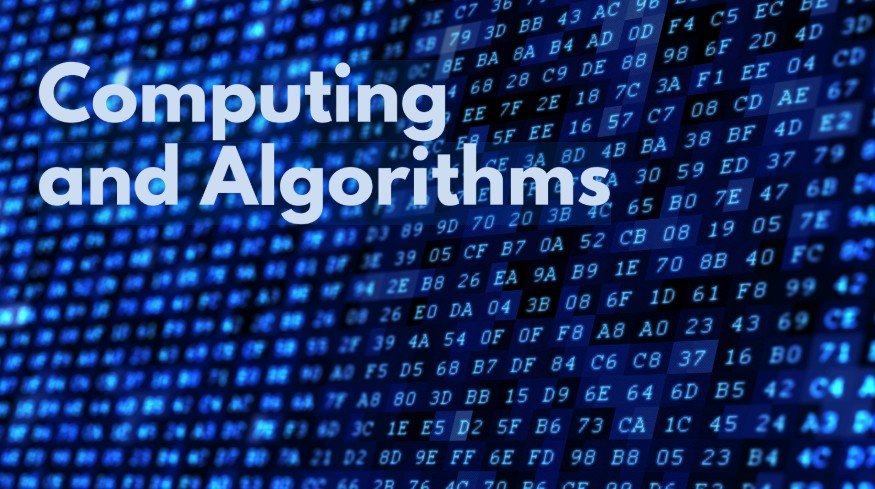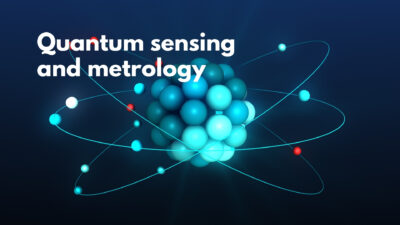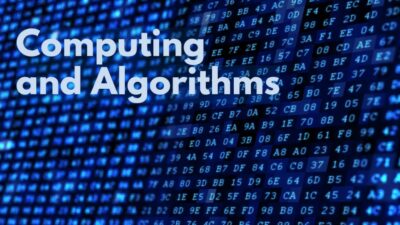Title: NIST Explores Privacy-Enhancing Cryptography to Complement Differential Privacy
Summary:
The National Institute of Standards and Technology (NIST) is investigating how privacy-enhancing cryptography (PEC) can work alongside differential privacy (DP) to protect sensitive data in multi-party scenarios. PEC techniques like secure multiparty computation (SMPC), private set intersection (PSI), private information retrieval (PIR), zero-knowledge proofs (ZKP), and fully-homomorphic encryption (FHE) allow organizations to compute useful statistics from shared data without directly exposing individual records.
For example, SMPC enables Rya to analyze combined databases from Alice and Bob without them sharing raw data, while PIR allows Rya to query specific information without revealing the query to hospital administrators. By combining PEC with DP, organizations can address privacy and accuracy tradeoffs, providing additional protection for data involved in mutual and interactive scenarios.
NIST’s PEC project aims to determine appropriate utility metrics and leverage standardization initiatives for tools like homomorphic encryption. This approach facilitates broader and more efficient handling of sensitive data across multiple sources and non-trusted entities, ultimately enhancing security and privacy protection in data analysis.
Keywords: Quantum key distribution, Quantum teleportation, Quantum networks




